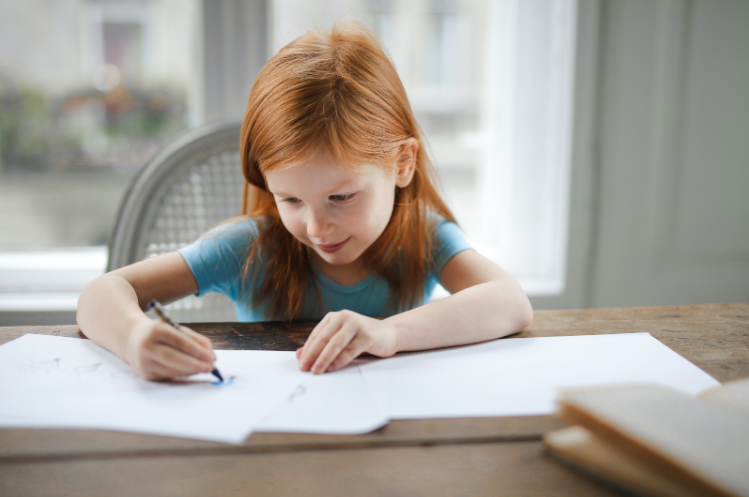Currently, about 2 million children are learning from home. Homeschooling is a millennia practice backed by employers, college administrators, scholars, and even government officials. In America, about 55 million students in grades K-12 are on homeschooling. Scholars from Harvard University planned a meeting to discuss challenges of children’s education deprivation and mistreatment that occur beneath the guise of homeschooling with no or minimal oversight. From Harvard magazine, a columnist penned a controversial article in favor of banning homeschooling. The majority of homeschooling reviews reveal encouraging learning aftermaths for children. An analysis of peer-reviewed research papers revealed exciting results. According to Writer for my paper, from the 14 studies of academic performance, most 11 showed that homeschooled children importantly outperformed traditionally schooled children. Available public state data shows that more than average examination scores for homeschooling students.
On the same breath, students’ psychological development, emotional, and emotional achievement follow the same pattern.
Most peer-reviewed papers show that homeschooled children have the best parent-child friendships and relationships than ordinary schooled students. Studies note that homeschooled children get satisfied, civically engaged, and happy.
Research findings consistently indicate that homeschooled graduates make their life compared to their counterparts. From a sample of 16 peer-reviewed papers on the transition to adulthood success, 11 of them point that homeschooled students were better in college retention, college GPA, and political tolerance than students who went through conventional schooling. In their review, Jones and Gloeckner concluded that the research’s comparative findings, together with data from college admission officers, show that homeschooling is a dependable alternative route for many students.
Therefore, homeschooled children aren’t abused, mistreated, or educationally deprived. However, research literature indicates that abuse rates such as neglect, sexual abuse, and physical abuse is high amongst institutional schooled students than homeschoolers. While there are cases of abuse in homeschooled children, such incidences should attract prosecution; however, abolishing homeschooling is not a solution nor makes students safe or improves education standards.
Society tends to shut public schools if students get abused. Scholars, who advocate for the abolishment of homeschooling, do so no support from the empirical literature. Besides, those scholars who promote forcing children to attend public schools, ignore evidence that about 40 percent of healthy schooled children are at least or above in mathematics and reading.
Many teachers endeavor to give students a quality education, but public school systems have notable limitations. Scholars who approve more government restrictions and control on homeschooling do so because they do not favor parents’ beliefs and values to select a home school. Studies have identified four types of hostility toward homeschooling. First, few scholars make imaginary arguments that public schools have standards that promote the common good, unlike private schools. The second category believes that homeschooling tries to cocoon children from people and ideas that parents do not like. The third group argues that homeschooling injures children educationally, physically, religiously, psychologically, and philosophically. The last group theorizes that the government must have domination over parents and children.
Scholar’s ideas and beliefs emanate from their religious and philosophical worldviews. It is within their rights to conclude that the government should control how we teach, influence, and train children.
In summary, the antagonists of homeschooling have no empirical information to support their arguments. Government officials dependably argue that parents are within their rights to teach and train their children at home. It is then upon them to decide which strategy will work best for the kids.

Leave a Reply